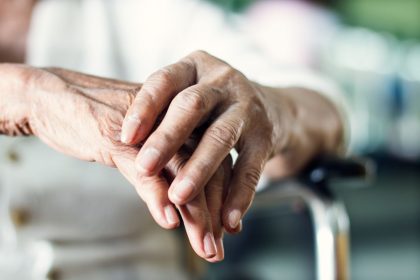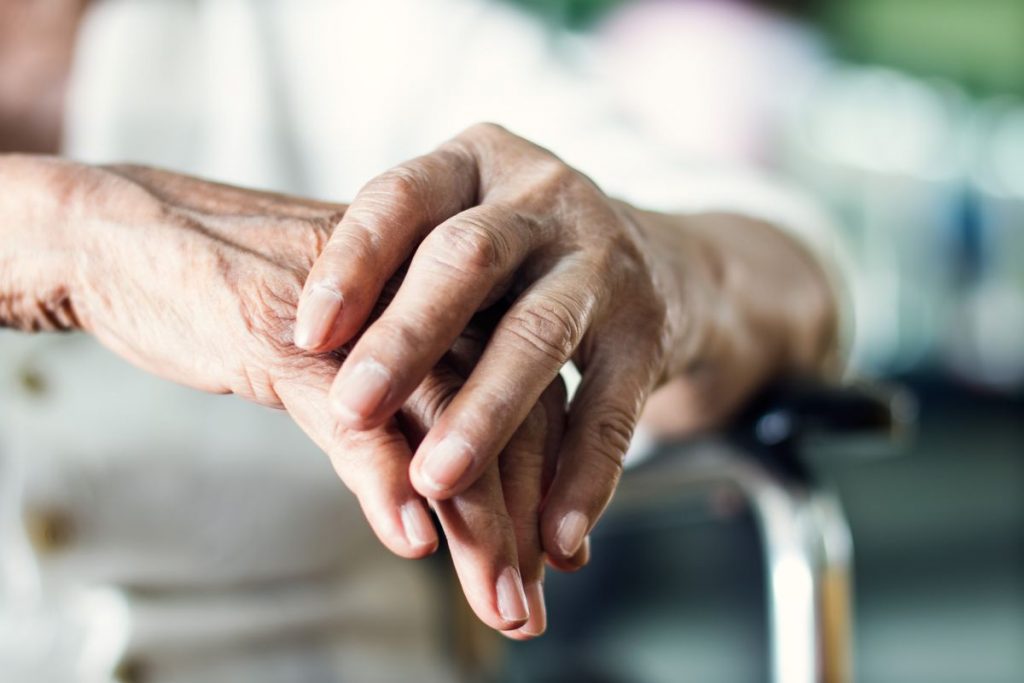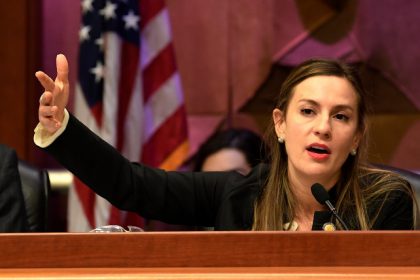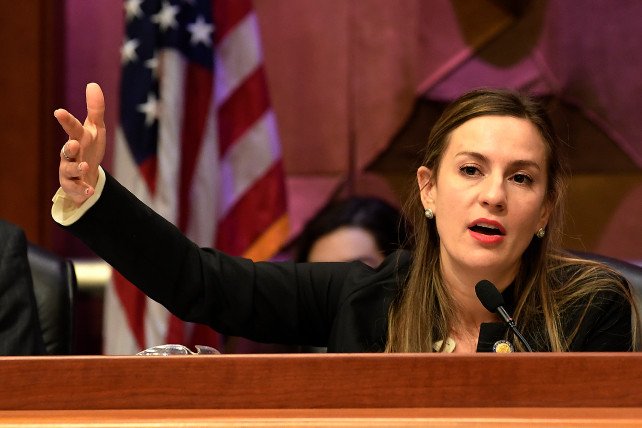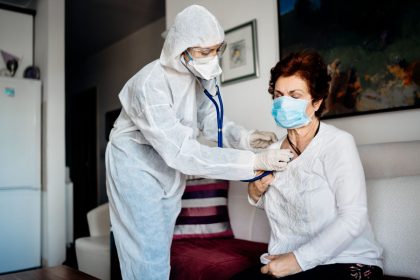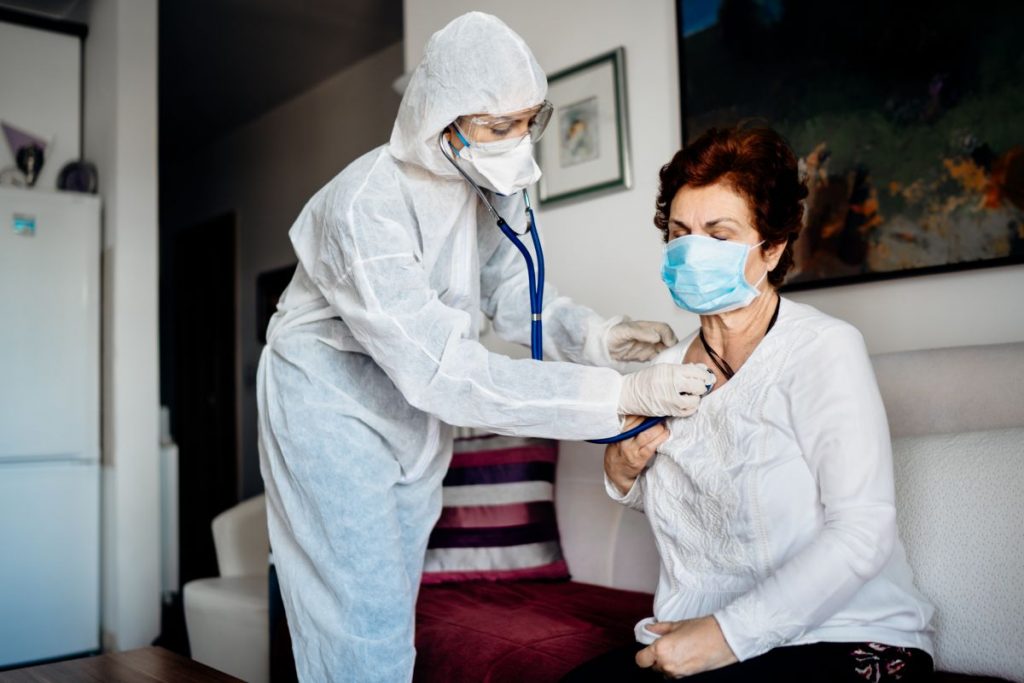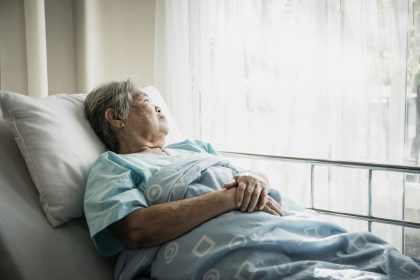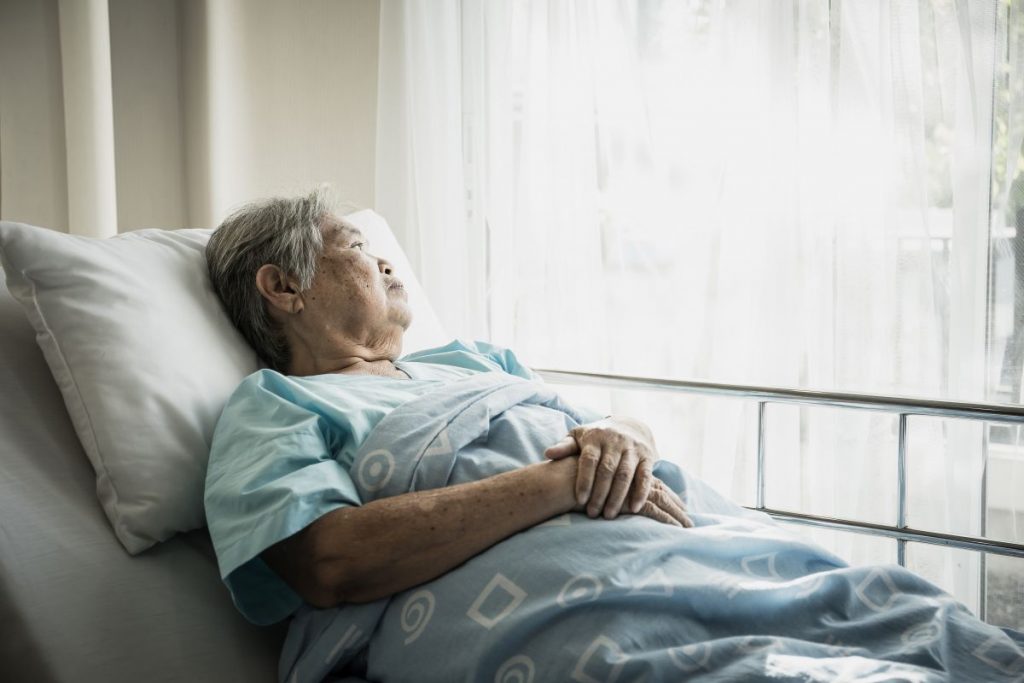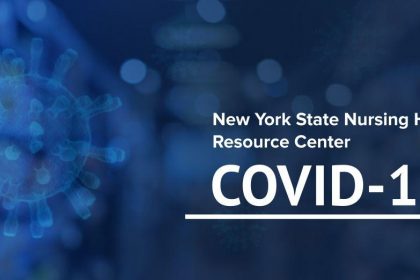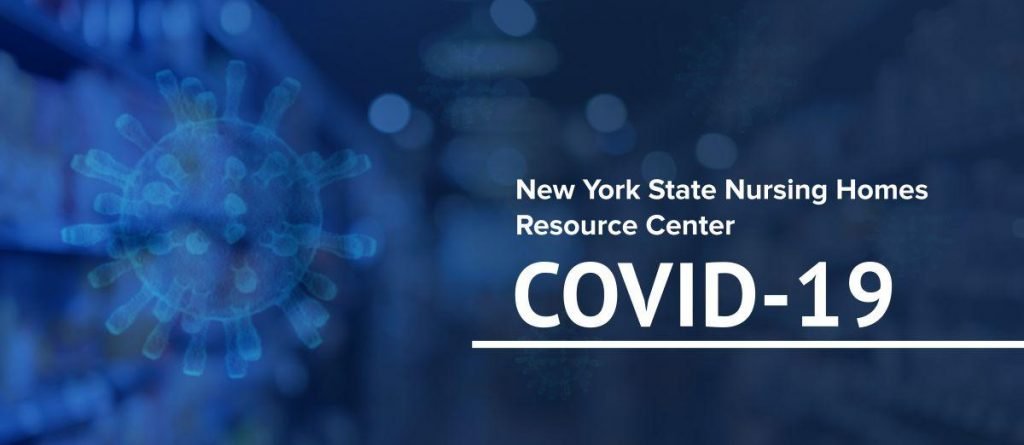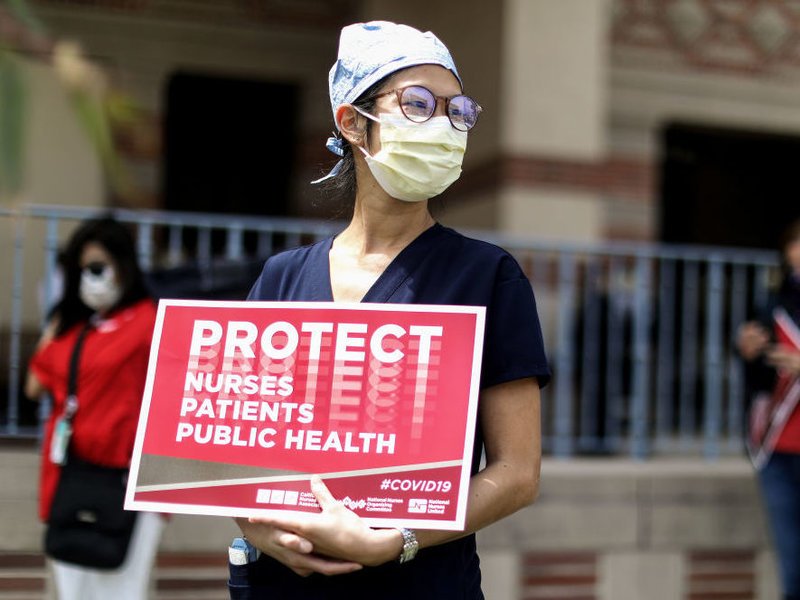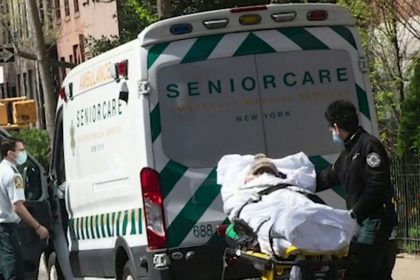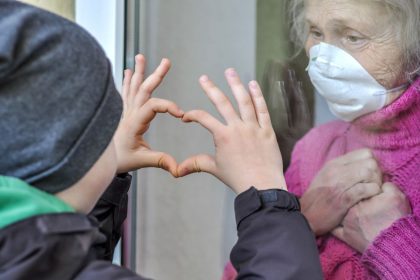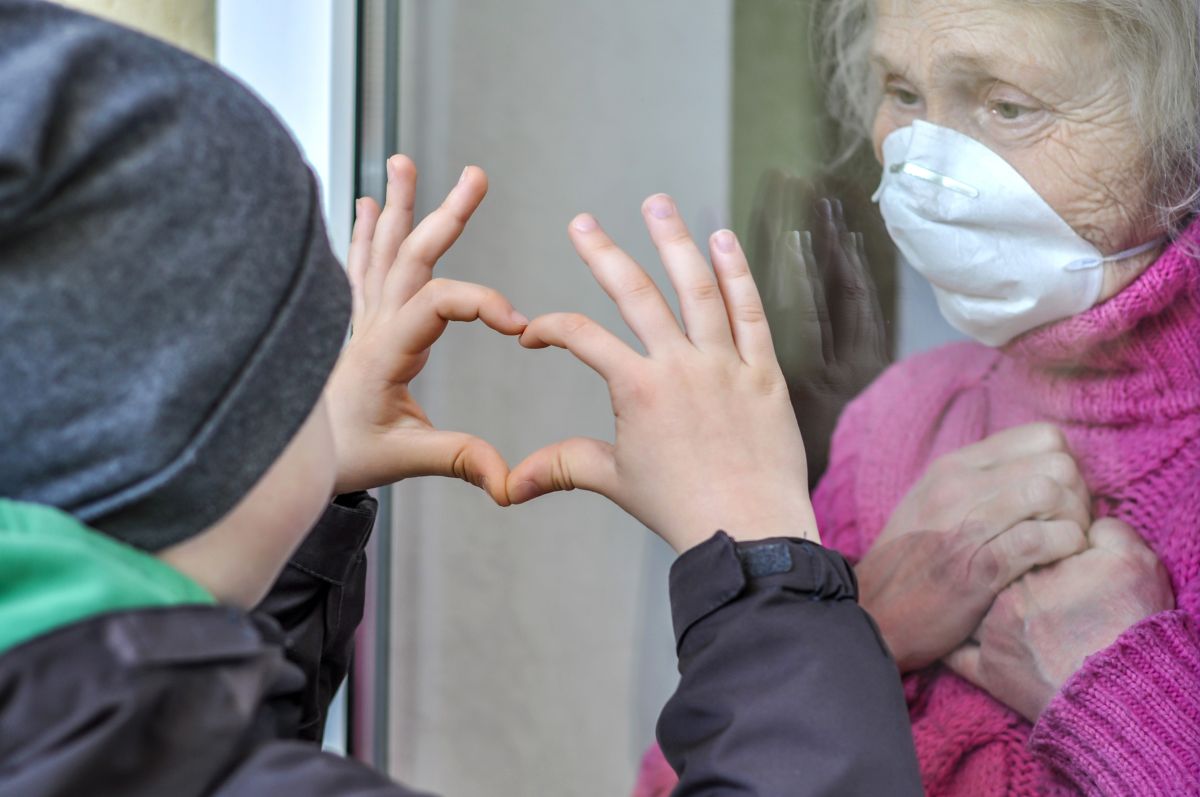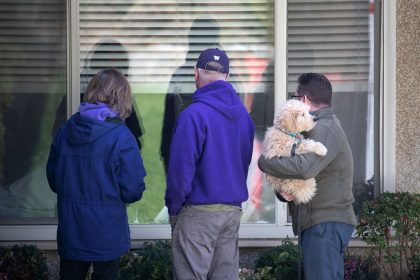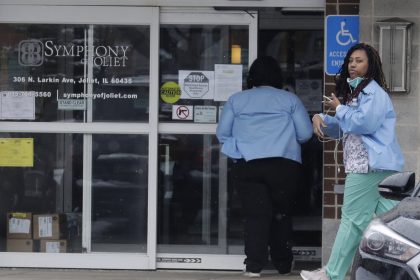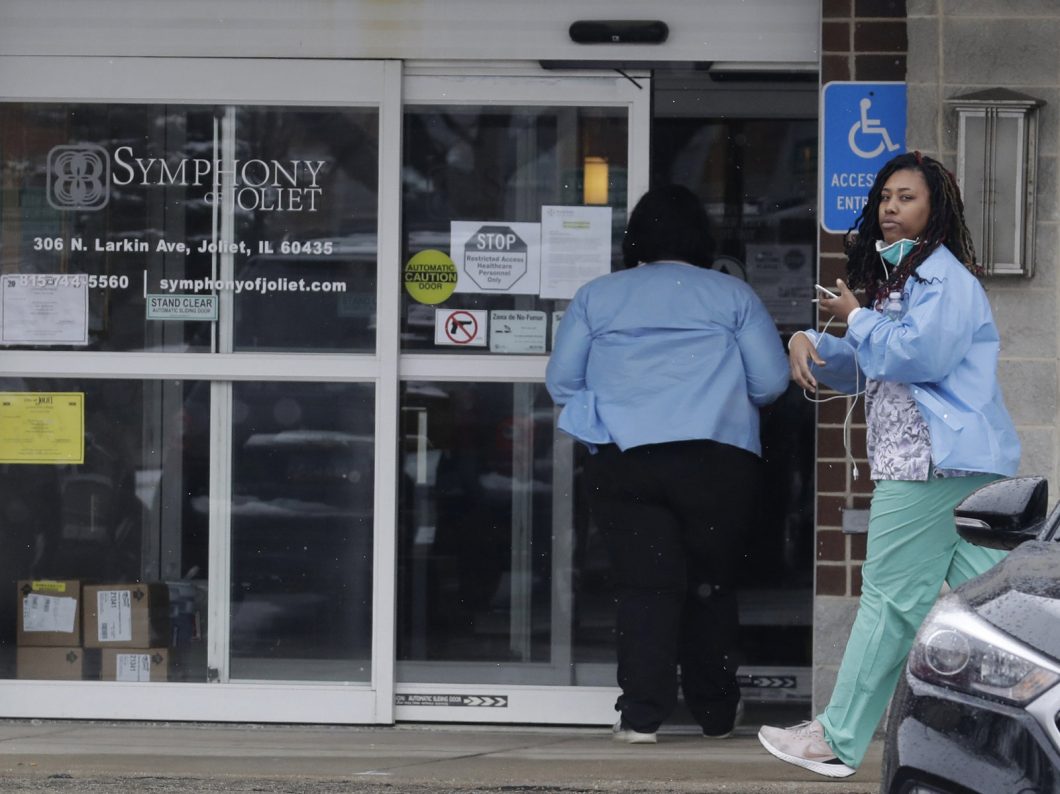Contact Dalli & Marino LLP
 Dalli & Marino, LLP has been providing top-tier representation, and we have recovered millions of dollars, for families in cases of nursing home and other skilled care/elder care facility neglect and results of understaffing, in Suffolk and Nassau Counties (Long Island), Manhattan, Brooklyn, the Bronx, Queens, Staten Island, and Westchester County, since 1996.
Please contact our team to discuss your case, or with any questions, at 1-888-465-8790 [Toll-Free], or by completing the CASE EVALUATION Form on our Contact Page. Read More
Dalli & Marino, LLP has been providing top-tier representation, and we have recovered millions of dollars, for families in cases of nursing home and other skilled care/elder care facility neglect and results of understaffing, in Suffolk and Nassau Counties (Long Island), Manhattan, Brooklyn, the Bronx, Queens, Staten Island, and Westchester County, since 1996.
Please contact our team to discuss your case, or with any questions, at 1-888-465-8790 [Toll-Free], or by completing the CASE EVALUATION Form on our Contact Page. Read More
Two state legislators from New York City have announced a bill that would repeal the controversial law that shields nursing homes and hospitals from liability during the COVID-19 pandemic, according to the New York Post.
On April 3, Governor Cuomo signed the Emergency or Disaster Treatment Protection Act, granting healthcare facilities and their employees “immunity from any liability, civil or criminal, for any harm or damages” allegedly inflicted while caring for coronavirus victims.
But New York State data shows that confirmed and presumed deaths from the virus among nursing home residents across the state have reached nearly 6,200.
“It’s abundantly clear from the very beginning that our vulnerable population included our nursing homes,” said State Sen. Alessandra Biaggi (D-The Bronx) who is co-sponsoring the bill with Assemblyman Ron Kim (D-Queens). “And from the very beginning, our nursing homes did not receive the full support that they needed – from the state and from others.”
In addition to providing immunity for care, the state law also specifies that staffing shortages cannot be used to allege wrongdoing at these facilities.
John Dalli, a partner in the nursing home abuse law firm Dalli & Marino LLP, says nursing homes were already understaffed prior to COVID-19, putting residents in jeopardy for injuries caused by neglect and abuse such as bedsores, falls and medication errors.
“Not holding nursing homes accountable for staffing shortages puts these already vulnerable residents at even more risk now,” Dalli said. “This immunity also removes transparency in the overall care process, making it very difficult for families to determine what really happened to a loved one if they died in a facility during the pandemic.”
PLEASE CLICK ON THIS LINK TO READ THE COMPLETE STORY
©2020 NYP Holdings. All rights reserved.
Photo: State Sen. Alessandra Biaggi (Credit: AP Photo/Hans Pennink)
Contact Dalli & Marino LLP
 Dalli & Marino, LLP has been providing top-tier representation, and we have recovered millions of dollars, for families in cases of nursing home and other skilled care/elder care facility neglect and results of understaffing, in Suffolk and Nassau Counties (Long Island), Manhattan, Brooklyn, the Bronx, Queens, Staten Island, and Westchester County, since 1996.
Dalli & Marino, LLP has been providing top-tier representation, and we have recovered millions of dollars, for families in cases of nursing home and other skilled care/elder care facility neglect and results of understaffing, in Suffolk and Nassau Counties (Long Island), Manhattan, Brooklyn, the Bronx, Queens, Staten Island, and Westchester County, since 1996.
Please contact our team to discuss your case, or with any questions, at 1-888-465-8790 [Toll-Free], or by completing the CASE EVALUATION Form on our Contact Page.
Read MoreIf you are a frontline healthcare worker, chances are you or one of your co-workers became ill and were unable to work during the COVID-19 pandemic. Nearly 78,000 of these essential workers across the U.S. have contracted the coronavirus so far, according to the Centers for Disease Control and Prevention.
Many have been left to pay household and medical expenses while at home fighting the virus. How will they pay their bills if they can’t work?
“New York State law protects these frontline healthcare workers,” said John Dalli, a partner in the law firm Dalli & Marino, LLP. “If essential staff members contract the coronavirus at their job site, they can receive financial assistance from their employers’ workers’ compensation insurance.”
The New York State Workers’ Compensation Board has issued an in-depth Q&A on these benefits and how to apply:
http://www.wcb.ny.gov/content/main/TheBoard/covid-19-workers-compensation-q-a-june-2020.pdf
Can I receive workers’ compensation benefits if I get COVID-19 while working?
Yes. Depending on the facts, you may receive workers’ compensation benefits in New York State due to COVID-19 exposure. Employers must carry workers’ compensation insurance to pay benefits to workers who are made ill or injured due to their employment. This is known as a work-related illness or injury. Immigration status is not a factor.
For over a century, the New York State Workers’ Compensation Board has responded to outbreaks and chronic injuries by ensuring that claims are handled quickly and benefits are paid promptly. From diseases like tuberculosis and asbestosis, to the tragedy of 9/11, and to the opioid crisis, the Board has always risen to meet the needs of injured workers across the state. COVID-19 is no exception.
What benefits are available?
The Worker’s Compensation Law provides for:
- Payment of an injured worker’s medical treatment for a work-related illness or injury
- Wage replacement benefits if your illness prevents you from working
- Benefits to an employee’s surviving dependents in the event of a death
- Reimbursement of funeral expenses up to $12,500 in New York City, Nassau, Suffolk, Rockland, and Westchester Counties.
Which work environments are more likely to result in COVID-19 claims?
Individuals who work where exposure risks are significantly higher are more likely to have compensable COVID-19 claims. Some employees are working closely with the public in locations where COVID-19 exposure is documented. This includes healthcare workers, first responders, transportation workers, corrections officers, and food service workers. Some workers may also have work-related claims if they directly interact with the public while working, such as retail workers.
What information is needed to show that a COVID-19 claim is work-related?
Most workers will never be able to point to the moment of method of exposure to COVID-19, but workers can validate the significantly elevated risk in their workplace by demonstrating the nature and extent of their work in an environment where exposure to the coronavirus was prevalent.
You should provide details about where you work, how often you work, and the type of job duties you perform, especially those involving contact with the public. You need to have a medical report, from an authorized workers’ compensation medical provider, stating your work caused your illness. A positive test result is best, but a medical report, showing a diagnosis via PCR test, or by virtue of an examination by a treating physician, may be used.
For more on how to file a claim and how long it takes to receive benefits, go to www.wcb.ny.gov. You can also call the NYS Workers’ Compensation Board at (800) 580-6665 or email at AdvInjWkr@wcb.ny.go.
If you are a frontline healthcare worker and have questions about your employer’s liability during COVID-19, please call our offices for a free confidential conversation. Learn more on the Dalli & Marino COVID-19 Frontline Workers Compensation page.
Contact Dalli & Marino LLP
 Dalli & Marino, LLP has been providing top-tier representation, and we have recovered millions of dollars, for families in cases of nursing home and other skilled care/elder care facility neglect and results of understaffing, in Suffolk and Nassau Counties (Long Island), Manhattan, Brooklyn, the Bronx, Queens, Staten Island, and Westchester County, since 1996.
Dalli & Marino, LLP has been providing top-tier representation, and we have recovered millions of dollars, for families in cases of nursing home and other skilled care/elder care facility neglect and results of understaffing, in Suffolk and Nassau Counties (Long Island), Manhattan, Brooklyn, the Bronx, Queens, Staten Island, and Westchester County, since 1996.
Please contact our team to discuss your case, or with any questions, at 1-888-465-8790 [Toll-Free], or by completing the CASE EVALUATION Form on our Contact Page.
Read MoreBackground. Visits from family and friends are vital to the health and well-being of residents in long term care facilities. In addition to providing the social connection and emotional support that all humans need to thrive, visitors provide essential monitoring and care.
Too many residents have been robbed of this essential right at a time when they have needed it most. In March, the Centers for Medicare & Medicaid Services (CMS) blocked visitation for nursing home residents except “for certain compassionate care situations, such as an end-of-life situation.” Sadly, many facilities have misinterpreted this to mean only at the very end of life. Perversely, this has resulted in many residents dying alone.
COVID-19 has decimated residents in nursing homes nationwide and led to more than 43,000 fatalities in long term care facilities. Countless more residents are suffering and dying from other causes; gross neglect, substandard care, loneliness, and “broken hearts.” Numerous reports have indicated that facilities are failing to deliver basic services – even sufficient nutrition and hydration.
It’s Time to Let Our People In. Residents have gone without access to friends and families for too long. Nursing homes are not hospitals or M.A.S.H. units, and they are not settings where people are supposed to go or stay in an emergency. That we have allowed facilities to operate for months on end with only limited government oversight and without accountability for grossly insufficient staffing or services – all while cutting off residents from families – is utterly unacceptable.
Nursing homes are paid – and legally and morally obligated – to have sufficient staffing, personal protective equipment (PPE), and other supplies to meet the needs of their residents at all times. These requirements were not excused for the duration of the coronavirus pandemic, and it is inexcusable that CMS and state health departments have essentially given the nursing home industry a vacation from accountability while residents have suffered and died.
Following are our recommendations for restoring residents’ rights to visitors in a sensible and safe way until residents’ longstanding rights to have visitors in their homes are fully reinstated.
Blueprint for Restoring Residents’ Rights to Essential Visitors.
1. Every resident has the right to designate at least one Support Visitor in Person (SVIP).
- The SVIP can be a family member, friend, or other individual chosen by a resident to visit on-site and provide emotional and other support.
- If the resident lacks capacity, the resident’s representative has the right to designate the SVIP.
- Policies and practices (whether facility or government-based) must provide for both safety and reasonable accommodations of SVIP visitation, including:
- A reasonable number of visitation hours every day.
- Schedules provided in advance to residents, families, the local LTC Ombudsman Program, and posted in the facility, at the facility’s public entrance, and on any website utilized by the facility (including home page, Facebook page, and/or listserv).
- Access to visits indoors and outdoors (weather permitting).
- Accommodating and respecting the privacy of residents during visits.
- Ensuring SVIP access and accommodations to residents of all floors.
- For indoor visits, facilities may limit visitation to the resident’s room (if resident is in a private room) or a designated visiting area and ensure sanitation before and after visits.
- Assuring compliance with all reasonable infection control precautions, as set forth in writing by the facility or state, including but not limited to: use of masks and other PPE (as appropriate); health and symptom screening; and social distancing from staff, other residents, and the resident being visited (as appropriate).
- Prioritization, in respect to time and frequency, of access to visitation in end-of-life and other compassionate care situations.
- Educating staff, residents, and SVIPs on the risks of the spread of COVID-19 and the appropriate/applicable safety precautions.
Additional Notes & Resources. This blueprint is based on a variety of published safety protocols and recommendations. However, we would especially like to recognize the California Advocates for Nursing Home Reform’s “Support Person Visitor Policy.” Facilities are encouraged to maintain, and where possible enhance, virtual visitation options such as FaceTime, Skype, and Zoom.
For more information about COVID-19 in nursing homes, visit LTCCC’s Coronavirus Resource Center on our homepage, www.NursingHome411.org. Our organization would like to hear about your experiences during this time. Please send your stories to feedback@ltccc.org.
Long Term Care Community Coalition
www.nursinghome411.org
One Penn Plaza, Suite 6252
New York, NY 10119
United States
Contact Dalli & Marino LLP
 Dalli & Marino, LLP has been providing top-tier representation, and we have recovered millions of dollars, for families in cases of nursing home and other skilled care/elder care facility neglect and results of understaffing, in Suffolk and Nassau Counties (Long Island), Manhattan, Brooklyn, the Bronx, Queens, Staten Island, and Westchester County, since 1996.
Dalli & Marino, LLP has been providing top-tier representation, and we have recovered millions of dollars, for families in cases of nursing home and other skilled care/elder care facility neglect and results of understaffing, in Suffolk and Nassau Counties (Long Island), Manhattan, Brooklyn, the Bronx, Queens, Staten Island, and Westchester County, since 1996.
Please contact our team to discuss your case, or with any questions, at 1-888-465-8790 [Toll-Free], or by completing the CASE EVALUATION Form on our Contact Page.
Read MoreDalli & Marino, LLP continues to work for you and your families during the COVID-19 crisis.
As part of our commitment, we’ve launched our New York State Nursing Homes COVID-19 Resource Center, dedicated to helpful news and information about the powerful, known effects of the pandemic on skilled nursing facility residents.
You’ll also see updates about the regulations, legislation, policy, disclosure and legal actions being taken throughout the country, New York State, and New York City and the rights of residents and their families. We’ve also added clips of John Dalli, a partner at Dalli & Marino, LLP, discussing issues surrounding COVID-19 policy in recent television and podcast interviews with leading journalists.
“The coronavirus pandemic has been nothing short of devastating to nursing homes and their residents across the State of New York,” said John Dalli.
“The situation is evolving rapidly, so we’re happy to provide families with updates and breaking news about how they can best protect their loved ones at this crucial time.”
To access the Dalli & Marino COVID-19 Coronavirus Resource Center, click here:
https://dallimarino.com/nys-nursing-homes-covid-19-resource-center/
Contact Dalli & Marino LLP
 Dalli & Marino, LLP has been providing top-tier representation, and we have recovered millions of dollars, for families in cases of nursing home and other skilled care/elder care facility neglect and results of understaffing, in Suffolk and Nassau Counties (Long Island), Manhattan, Brooklyn, the Bronx, Queens, Staten Island, and Westchester County, since 1996.
Dalli & Marino, LLP has been providing top-tier representation, and we have recovered millions of dollars, for families in cases of nursing home and other skilled care/elder care facility neglect and results of understaffing, in Suffolk and Nassau Counties (Long Island), Manhattan, Brooklyn, the Bronx, Queens, Staten Island, and Westchester County, since 1996.
Please contact our team to discuss your case, or with any questions, at 1-888-465-8790 [Toll-Free], or by completing the CASE EVALUATION Form on our Contact Page.
Read MoreMore than 60,000 front-line healthcare workers have been infected with COVID-19 while more than 300 have died according to an NPR story on the latest data from the Centers for Disease Control & Prevention (CDC).
What’s more disturbing is that the data doesn’t provide a complete picture of the coronavirus impact among front-line healthcare workers “because only 21% of the case reports sent to the CDC included information that could help identify the patient as a healthcare worker. Among known health care workers, there was also missing information about how many of those people actually died.”
Leaders of nursing unions tell NPR that they still don’t have the proper levels of personal protective equipment (PPE).
John Dalli, a partner in the law firm Dalli & Marino, LLP, says that is unacceptable.
“It is reprehensible at this point in this pandemic, that essential healthcare workers continue to risk their lives because their employers are not providing them with the proper protective equipment they need.”
He adds, “What’s worse is that Governor Cuomo has granted nursing homes immunity from liability for negligent care during this pandemic, putting patients and staff at even greater risk. Nursing home owners cannot be held legally responsible for negligence under Cuomo’s immunity clause .”
Read the full story here.
Copyright © 2020 NPR
Photo credit: Mario Tamma/Getty Images
If you are a frontline healthcare worker and have questions about your employer’s liability during COVID-19, please call our offices for a free confidential conversation.
Contact Dalli & Marino LLP
 Dalli & Marino, LLP has been providing top-tier representation, and we have recovered millions of dollars, for families in cases of nursing home and other skilled care/elder care facility neglect and results of understaffing, in Suffolk and Nassau Counties (Long Island), Manhattan, Brooklyn, the Bronx, Queens, Staten Island, and Westchester County, since 1996.
Dalli & Marino, LLP has been providing top-tier representation, and we have recovered millions of dollars, for families in cases of nursing home and other skilled care/elder care facility neglect and results of understaffing, in Suffolk and Nassau Counties (Long Island), Manhattan, Brooklyn, the Bronx, Queens, Staten Island, and Westchester County, since 1996.
Please contact our team to discuss your case, or with any questions, at 1-888-465-8790 [Toll-Free], or by completing the CASE EVALUATION Form on our Contact Page.
Read MoreNew York City Councilman Joseph Borelli told FOX News there are now bipartisan calls for an investigation of Governor Cuomo’s controversial order on March 25 that required nursing homes to accept or re-admit all COVID-19 positive patients.
Borelli said that elected officials should be given some “leeway” in making hard decisions during difficult circumstances, but he added:
“You don’t have to be an epidemiologist to realize that this was going to be a problem.”
Cuomo reversed that order on May 17 while also announcing that staff at all skilled nursing facilities would have to be tested twice weekly for the virus. He also said tests would be guaranteed for all facility employees across the state.
“Unfortunately this is a case of too little, too late because the virus has become so widespread throughout these facilities,” said John Dalli, a partner in elder-abuse law firm Dalli & Marino, LLP.
He added that he appreciates the goals around testing, but the reality may prove to be challenging.
“Elder care aides often work in more than one facility. They also sometimes work in private homes to supplement their income because they’re so underpaid,” Dalli said. “Tracking these aides to test twice a week to ensure they’re virus-free will be very difficult.”
Councilman Borelli shared his views on “FOX & Friends First” on FOX News on May 18.
PLEASE CLICK ON THIS LINK TO READ THE COMPLETE STORY
Copyright © 2020 FOX News Network. All rights reserved.
Contact Nursing Home Abuse Attorneys Dalli & Marino
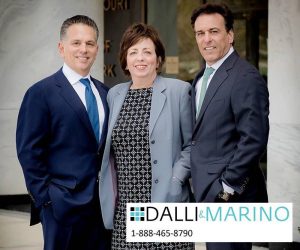 Since 1996, Dalli & Marino, LLP has helped families recover millions of dollars in cases of neglect at nursing homes or other elder care facilities. Our team serves Suffolk and Nassau Counties (Long Island), Manhattan, Brooklyn, the Bronx, Queens, Staten Island and Westchester County.
Since 1996, Dalli & Marino, LLP has helped families recover millions of dollars in cases of neglect at nursing homes or other elder care facilities. Our team serves Suffolk and Nassau Counties (Long Island), Manhattan, Brooklyn, the Bronx, Queens, Staten Island and Westchester County.
Please call our office today if you have questions about a loved one in a nursing home that may have experienced one of these issues at 1-888-465-8790 [Toll-Free] or complete the CASE EVALUATION FORM on our Contact Page.
Read MoreCOVID-19 (more commonly known as coronavirus) is a pandemic, which means that the disease has spread worldwide. According to the Centers for Disease Control and Prevention (CDC), symptoms of the virus include fever, cough, and shortness of breath. While the virus may be fatal in all age groups, it poses a significant risk to older adults and those with underlying chronic medical conditions.
The virus has proven to be exceptionally dangerous for nursing home residents due to their confinement and existing vulnerabilities. Unfortunately, weak enforcement of the federal standards of care, particularly for infection control and sufficient staffing, have placed residents at an even greater risk of contracting the virus.
In order to limit residents’ exposure to the virus, the Centers for Medicare & Medicaid Services (CMS) has issued guidance restricting all visitation, except in end-of-life and other compassionate care situations. CMS has only carved out two exceptions to the restriction: health care workers and health inspectors are allowed to enter facilities when following CDC guidelines. CMS also issued guidance suspending non-emergency health inspections nationwide. Until further notice, CMS is directing state survey agencies to focus on a limited set of inspections and to prioritize all immediate jeopardy complaints, allegations of abuse and neglect, and complaints alleging infection control violations. CMS hopes that the suspension will allow inspectors to focus on the most serious nursing home violations during the outbreak.
The Long Term Care Community Coalition (LTCCC) is deeply troubled by these CMS directives. First, the majority of nursing homes are understaffed. As a result, substandard care is a persistent problem. To compensate, families often provide vital monitoring and care, from ensuring that their loved ones are fed to identifying common signs of neglect and abuse. While we understand the need to implement sensible, evidence-based limitations, the monolithic barricade of families puts residents in jeopardy. Importantly, health care workers have the same exposure risks as families when they leave the facility and, when they return to a facility, they are in contact with numerous residents, surfaces in common areas, and equipment. If common sense safeguards can be implemented to ensure that they do not infect residents, then surely the same safeguards can be implemented in respect to families who only enter the facility to see their loved one.
Second, health inspections are integral to nursing home quality and safety. Weak oversight places residents at risk of harm, as years of persistent infection control violations in nursing homes nationwide have shown. While focus on addressing the coronavirus is critical, CMS must ensure that all essential federal standards of care are enforced. Otherwise, residents will be exposed to significant risk now and in the future.
- For more information about COVID-19 in nursing homes, including the latest information about federal guidance, please visit LTCCC’s Coronavirus Resources webpage.
- To learn about the infection prevention and control requirements, please see LTCCC’s fact sheet and issue alert.
Long Term Care Community Coalition
www.nursinghome411.org
One Penn Plaza, Suite 6252
New York, NY 10119
United States
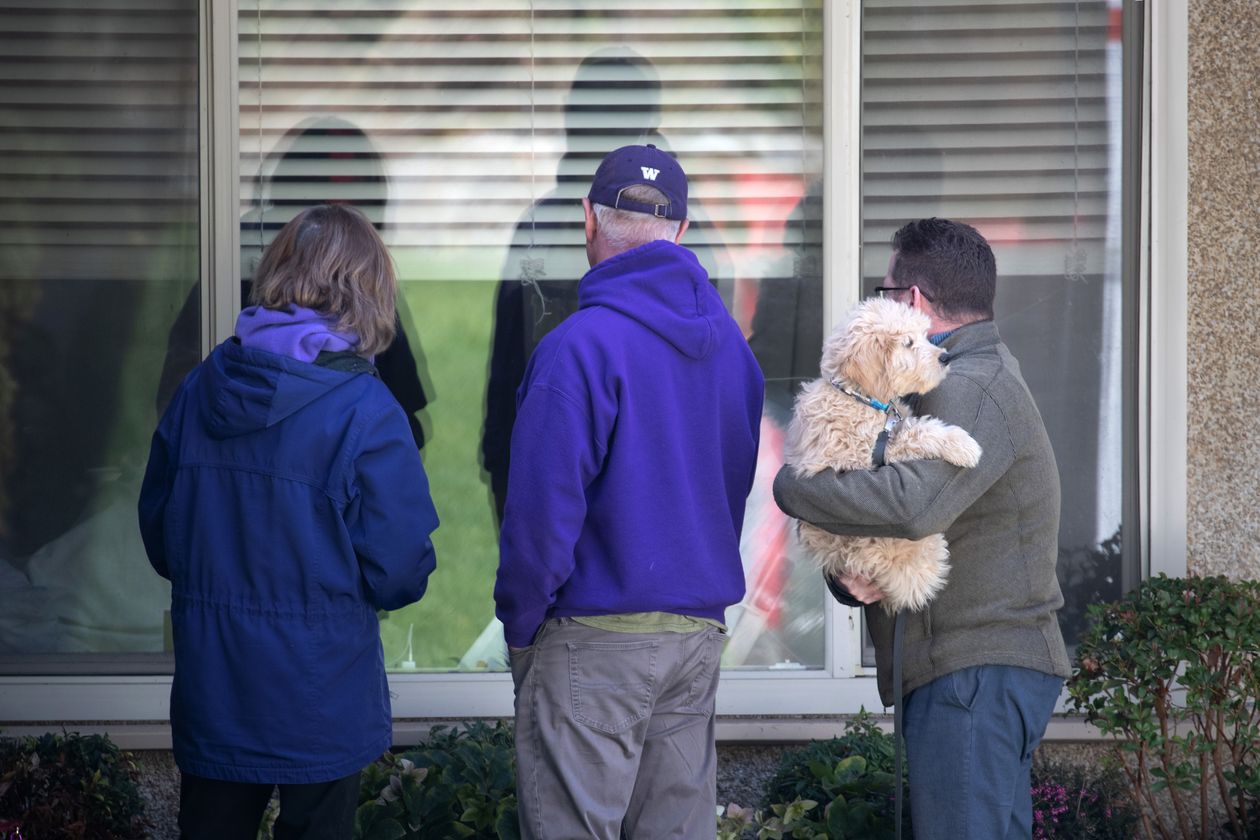
Advocates and attorneys for nursing home residents warn that many states – including New York – have granted immunity to skilled nursing facilities for care they provide during the COVID-19 crisis, according to a story by Eleanor Laise in Barron’s.
Advocates for the elderly fear that such blanket protection will make it easier for facilities to cover up negligence and the abuse of elderly patients in nursing homes.
Many families, the story continues, are already at a disadvantage from the moment they sign the admission agreement, which often has arbitration clauses preventing residents from having negligence and abuse claims heard in a court of law.
John Dalli, a partner in the law firm Dalli & Marino, LLP, says this immunity for New York facilities, coupled with arbitration agreements and current visitation bans at nursing homes, greatly heightens residents’ risks during this pandemic.
“Unfortunately Governor Cuomo’s granting nursing homes immunity for negligent care coupled with the additional directive where nursing homes are relieved from the responsibility to chart is a virtual death sentence for many nursing home residents,” said Dalli. “With family members unable to visit, no one is around to witness wrongdoing. So there will be little if any record of inadequate care and understaffing.”
He adds, “If you have a loved one in a nursing home now, keep in constant, daily contact with them and any staff member about what’s happening with their care. You should also call an attorney to discuss any questions or concerns.”
READ THE COMPLETE STORY BY CLICKING ON THIS LINK
Copyright 2020, Dow Jones & Company, Inc. All rights reserved. Photo: John Moore/Getty Images
Contact Nursing Home Abuse Attorneys Dalli & Marino
 Since 1996, Dalli & Marino has helped families recover millions of dollars in cases of neglect at nursing homes or other elder care facilities. Our team serves Suffolk and Nassau Counties (Long Island), Manhattan, Brooklyn, the Bronx, Queens, Staten Island and Westchester County.
Since 1996, Dalli & Marino has helped families recover millions of dollars in cases of neglect at nursing homes or other elder care facilities. Our team serves Suffolk and Nassau Counties (Long Island), Manhattan, Brooklyn, the Bronx, Queens, Staten Island and Westchester County.
Please call our office today if you have questions about a loved one in a nursing home that may have experienced one of these issues at 1-888-465-8790 [Toll-Free] or complete the CASE EVALUATION FORM on our Contact Page.
Read MoreThe federal government will now require all U.S. nursing homes to disclose to residents and their families if staff or any other residents have contracted the coronavirus according to NPR.
The Centers for Medicare & Medicaid Services (CMS) says notification must come within the first 12 hours of a confirmed coronavirus case in a skilled nursing facility. Residents and families must be told when three or more individuals develop respiratory symptoms within a 72-hour period.
In addition, nursing homes must report all COVID-19 cases directly to the Centers for Disease Control and Prevention (CDC) as the agency creates a nationwide database of infection rates.
John Dalli, a partner in the law firm Dalli & Marino, LLP, says facilities’ prior lack of disclosure while thousands of nursing home residents were at risk was improper and possibly in violation of their rights.
“Not sharing this vital information with residents and their families is unacceptable,” he says. “If you are the healthcare proxy or next-of-kin for a nursing home resident, you are entitled to information about your loved one including their current health status and whether that person has contracted the virus,” says Dalli.
Although the federal timeline for these disclosures is still unannounced, Dalli advises trying to communicate daily now with any facility staff member if you have a family member there. Don’t be shy about using a staff member’s cell phone number. Try to establish a regular time to call for updates about your loved one.
“Connect with a doctor, a nurse, or an administrator – anyone who can share what’s going on inside with your loved one. It’s important to also document your attempts to reach out as well.”
Read the Complete Story by Clicking Here
Copyright © 2020, NPR. Image Nam Y. Huh/AP.
Contact Nursing Home Abuse Attorneys Dalli & Marino
 Since 1996, Dalli & Marino, LLP, has helped families recover millions of dollars in cases of neglect at nursing homes or other elder care facilities. Our team serves Suffolk and Nassau Counties (Long Island), Manhattan, Brooklyn, the Bronx, Queens, Staten Island and Westchester County.
Since 1996, Dalli & Marino, LLP, has helped families recover millions of dollars in cases of neglect at nursing homes or other elder care facilities. Our team serves Suffolk and Nassau Counties (Long Island), Manhattan, Brooklyn, the Bronx, Queens, Staten Island and Westchester County.
Please call our office today if you have questions about a loved one in a nursing home that may have experienced one of these issues at 1-888-465-8790 [Toll-Free] or complete the CASE EVALUATION FORM on our Contact Page.
Read More